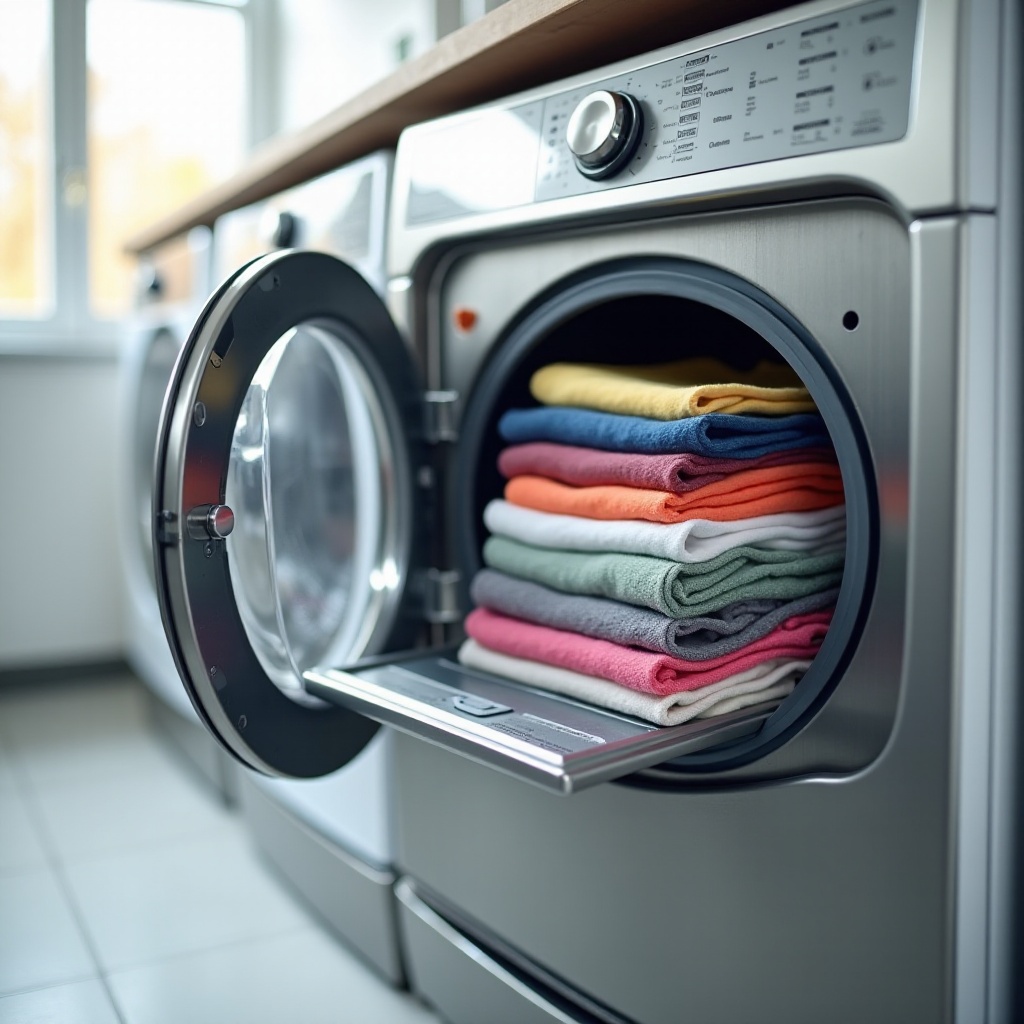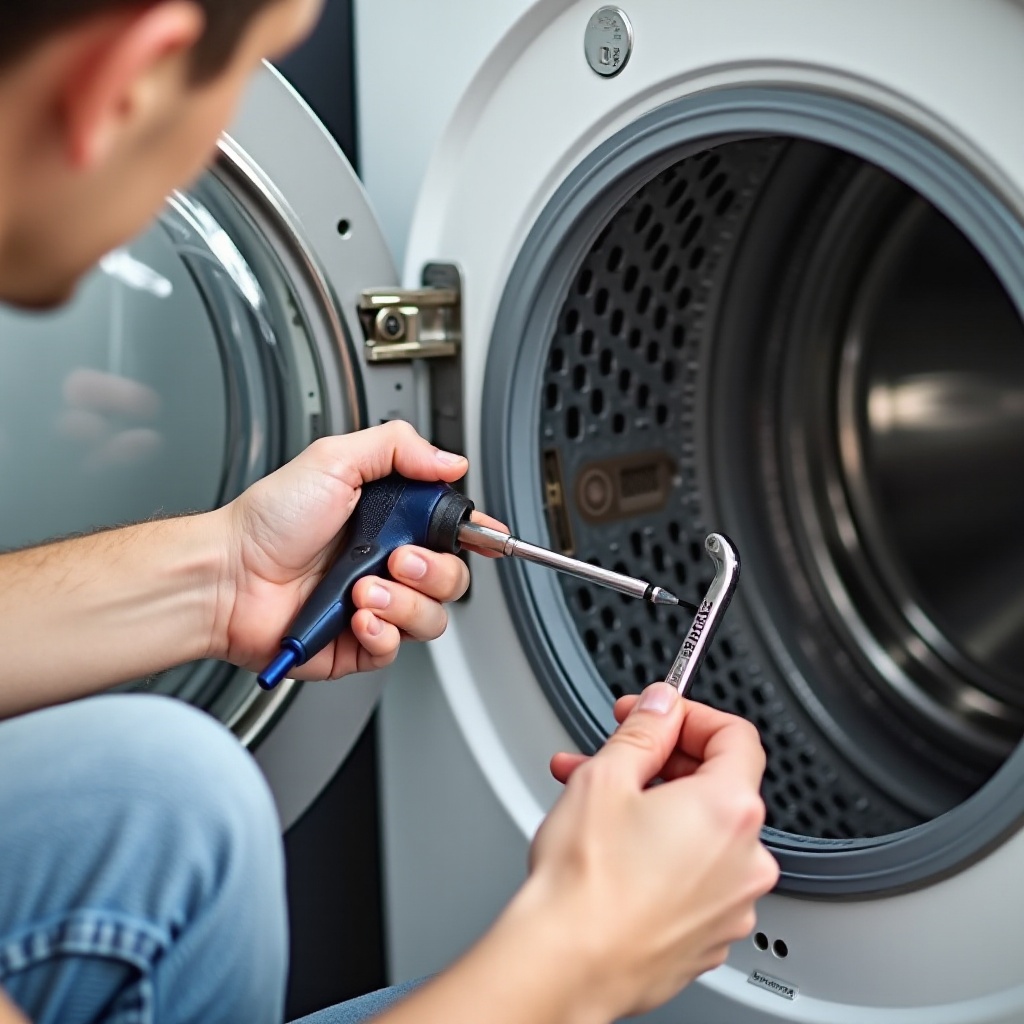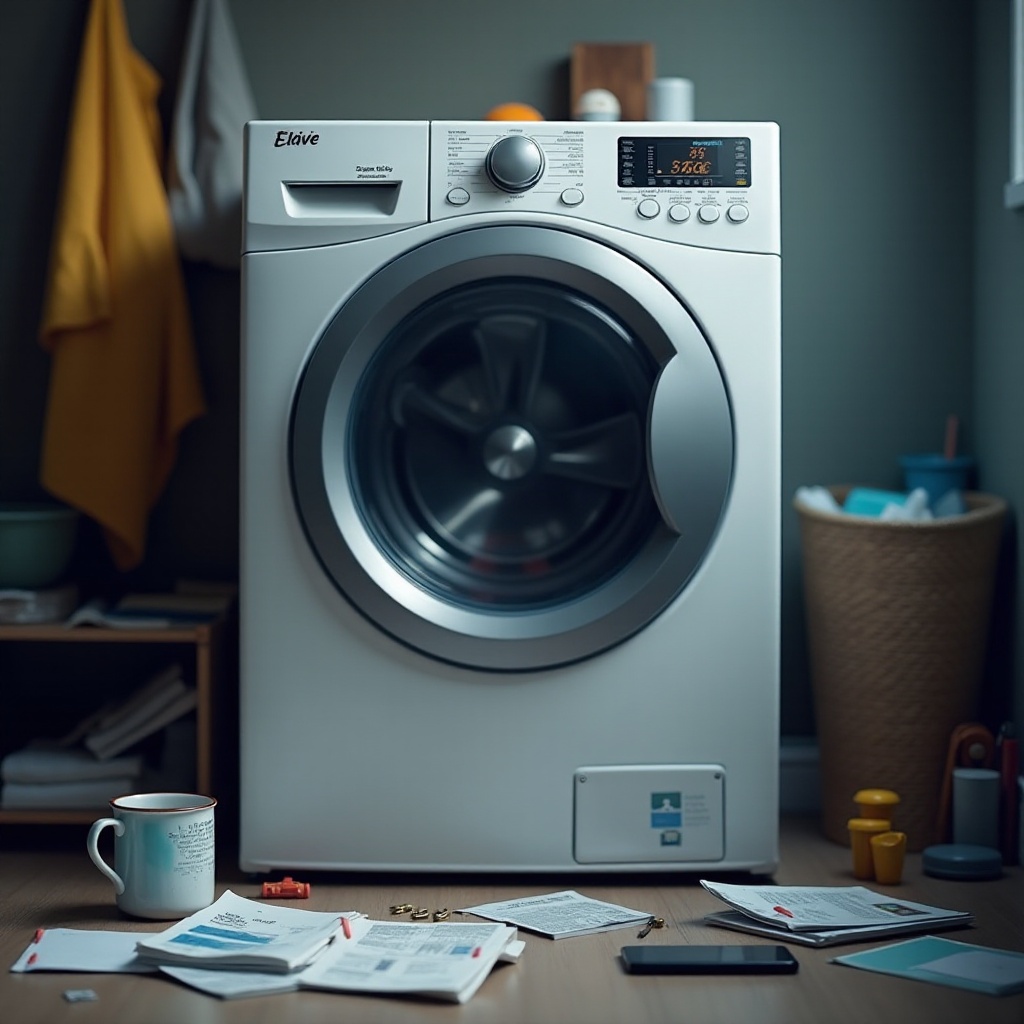Introduction
When your washing machine stops working properly, it becomes more than just an inconvenience; it's a hindrance to maintaining household routines. To resolve the issue efficiently, it's critical to dive into diagnosing the problem promptly. Exploring the reasons behind a washer that refuses to wash sets the stage for practical solutions. Let's explore how to get your machine back in action seamlessly.

Diagnosing the Problem
Identifying the exact problem with your washer involves observing specific signs such as the machine not starting, incomplete cycles, or filling without agitation. Being aware of these symptoms is crucial for diagnosing the correct issue, and this diagnostic approach paves the way for effective troubleshooting.
Electrical and Power Issues
One of the fundamental causes of a malfunctioning washer is electrical issues. Start by verifying that your washer is properly connected and that the outlet is receiving power. Should you find a tripped circuit breaker, reset it to see if that resolves the issue. Always secure any loose or damaged power cords to ensure maximum safety and functionality. By eliminating power-related issues, you'll likely restore your washer's operation to normalcy.
Water Supply Problems
Physical examination of the water supply connections comes next. Look out for any hose kinks or leaks that might obstruct water flow. Confirm that water valves are fully open and supplying adequate pressure to the washer. If your washer takes too long to fill or doesn't fill at all, check and clean the inlet filters, or consider replacements if necessary. Establishing a proper water supply is essential to facilitate a complete wash cycle.
Mechanical Failures and Solutions
Now, let's address mechanical failures, focusing on key components like belts and motors. Examine the drive belt for any signs of wear and replace it when needed. Pay attention to any unusual noises coming from the motor or irregular drum movements, as these may suggest potential repairs or replacements. Checking your drum alignment can also ensure effective washing. Resolving mechanical issues is vital to maintaining a fully functional washer.
Troublesome Cycle Settings
Misconfigured cycle settings can interfere with your washer's performance. Double-check that the correct cycle is selected for your laundry type. Occasionally, you might need to reset electronic controls if the washer displays inconsistencies. Correct settings are essential for quality laundry care, as they ensure every load is handled properly.
Preventative Maintenance Tips
Consistent maintenance practices prevent many washing machine issues from arising. Regularly cleaning the detergent dispenser and drum prevents residue buildup. Inspect hoses routinely for signs of wear and replace them when necessary. Prioritizing preventative maintenance will enhance your washer's longevity and performance.

When to Seek Professional Help
If DIY solutions fail to rectify the problem, it's wise to involve a professional. When your machine continues to show signs of trouble after attempts at fixing it, professional repair may be the most effective course of action. Consider the costs of continuous repairs versus replacing your machine, particularly if it's older or severely damaged. Seeking expertise can often save time and ensure a lasting solution.

Conclusion
By understanding the reasons behind why your washer won't wash, you equip yourself to troubleshoot effectively. Implement these strategies and enjoy seamless laundry cycles without stress. Regular maintenance and addressing small issues promptly can avoid larger disruptions. Maintain your washer well, and it will serve you reliably.
Frequently Asked Questions
What should I do if my washer doesn’t start?
Check the power connection and ensure the outlet is working. Inspect the door latch, as a faulty latch can prevent the machine from starting. Look for any error codes on the control panel.
How can I tell if my washing machine's motor is bad?
Listen for unusual noises or observe lack of drum spinning. If you identify these issues, disconnect the machine and inspect the motor. Persistent problems may require professional help.
Is it better to repair or replace my faulty washing machine?
Consider the age and condition of the washer. If repairs are cost-effective and the machine is fairly new, repair it. For older machines needing frequent repairs, replacement is often more practical.
